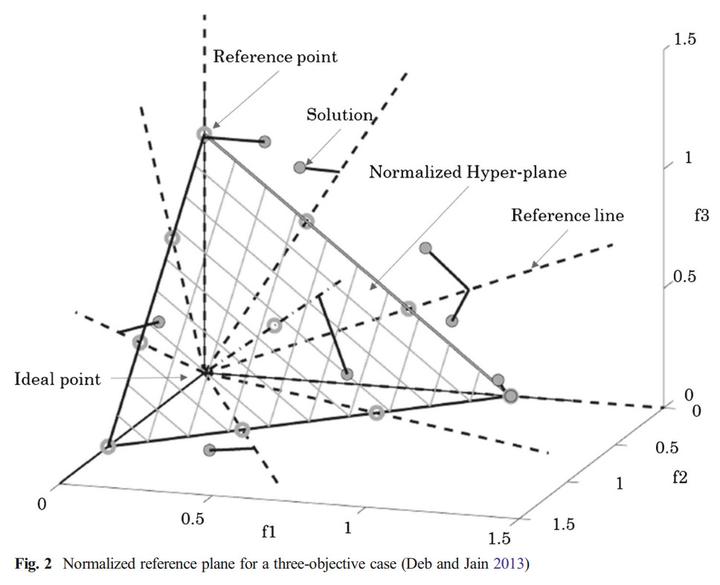Slim Bechikh, Mel Ó Cinnéide, and Kalyanmoy Deb. On the use of many quality attributes for software refactoring: a many-objective search-based software engineering approach

Abstract
Search-based software engineering (SBSE) solutions are still not scalable enough to handle high-dimensional objectives space. The majority of existing work treats software engineering problems from a single or bi-objective point of view, where the main goal is to maximize or minimize one or two objectives. However, most software engineering problems are naturally complex in which many conflicting objectives need to be optimized. Software refactoring is one of these problems involving finding a compromise between several quality attributes to improve the quality of the system while preserving the behavior. To this end, we propose a novel representation of the refactoring problem as a many-objective one where every quality attribute to improve is considered as an independent objective to be optimized. In our approach based on the recent NSGA-III algorithm, the refactoring solutions are evaluated using a set of 8 distinct objectives. We evaluated this approach on one industrial project and seven open source systems. We compared our findings to: several other many-objective techniques (IBEA, MOEA/D, GrEA, and DBEA-Eps), an existing multi-objective approach a mono-objective technique and an existing refactoring technique not based on heuristic search. Statistical analysis of our experiments over 31 runs shows the efficiency of our approach.